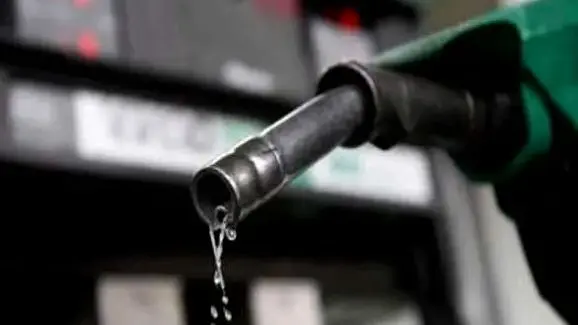The House of Representatives, following an urgent motion by Honourable Billy Osawuru, has passed a resolution to conduct a forensic investigation into the resurgence of fuel queues in various parts of the country.
The House will also investigate the alleged indiscriminate issuance of licenses for the importation of Premium Motor Spirit (PMS), the importation of substandard petroleum products, and the failure of regulatory bodies.
In passing the motion, the House questioned why fuel scarcity continues to resurface despite repeated assurances from the Nigerian National Petroleum Company Limited (NNPCL) and petroleum marketers.
This resolution comes in response to a resurgence of petrol scarcity in some states on Monday.
Reacting to the reports, the NNPCL attributed the resurfacing of fuel queues to disruptions in ship-to-ship (STS) transfers of PMS between Mother Vessels and Daughter Vessels caused by a recent thunderstorm.
A statement by the company’s Chief Corporate Communications Officer, Olufemi Soneye, on Monday, explained that the adverse weather conditions also affected berthing at jetties, truck load-outs, and the transportation of products to filling stations, thereby disrupting supply logistics.
The clarification followed reports of long fuel queues in Lagos, Abuja, and other parts of the country.
According to reports, the scarcity has driven prices up to ₦900/litre, with private depot owners reportedly increasing the ex-depot price from ₦630 to ₦720 per litre.
Responding to the development, Soneye also noted that due to the flammability of petroleum products and in compliance with the Nigerian Meteorological Agency (NIMET) regulations, it is impossible to load petrol during rainstorms and lightning.
It said, “The NNPC Ltd wishes to state that the fuel queues seen in the FCT and some parts of the country, were as a result of disruption of ship-to-ship (STS) transfer of Premium Motor Spirit (PMS), also known as petrol, between Mother Vessels and Daughter Vessels resulting from a recent thunderstorm.
“The adverse weather condition has also affected berthing at jetties, truck load-outs and transportation of products to filling stations, causing a disruption in station supply logistics.
“The NNPC Ltd also states that due to flammability of petroleum products and in compliance with the Nigerian Meteorological Agency (NIMET) regulations, it was impossible to load petrol during rainstorms and lightning.
“Adherence to these regulations is mandatory as any deviation could pose severe danger to the trucks, filling stations and human lives.
“Similarly, the development was compounded by consequential flooding of truck routes which has constrained movement of PMS from the coastal corridors to the Federal Capital, Abuja.”
NNPC Ltd announced that it is collaborating with relevant stakeholders to address the logistics challenges and restore a seamless supply of petrol to the affected areas.
The company stated that loading has already resumed in areas where these challenges have subsided, and it expects the situation to continue improving in the coming days, with full normalcy being restored.
NNPC also urged motorists to avoid panic buying and hoarding petroleum products.



